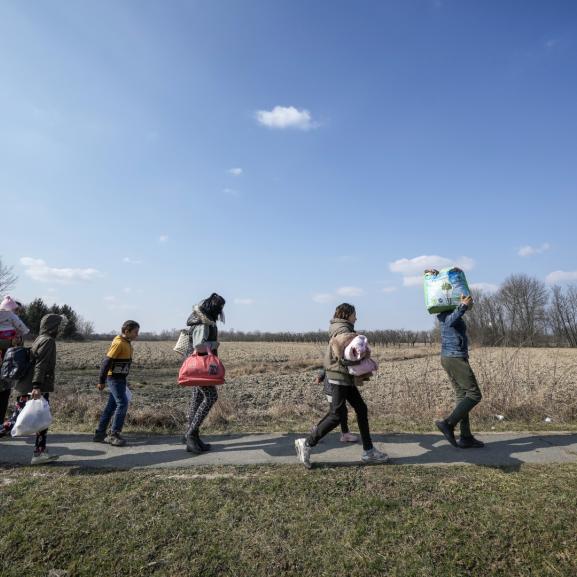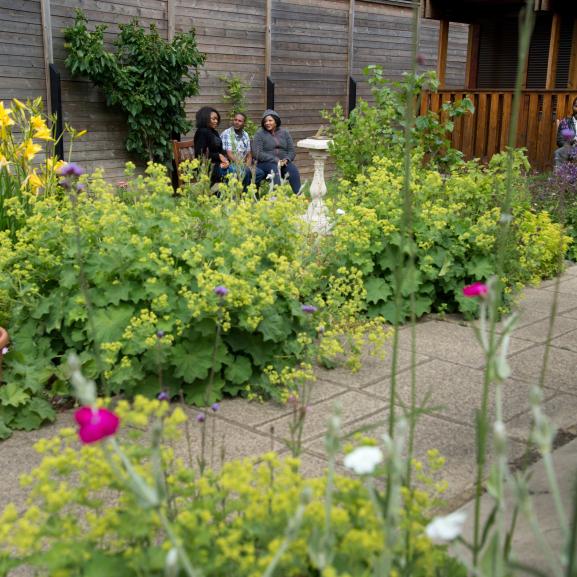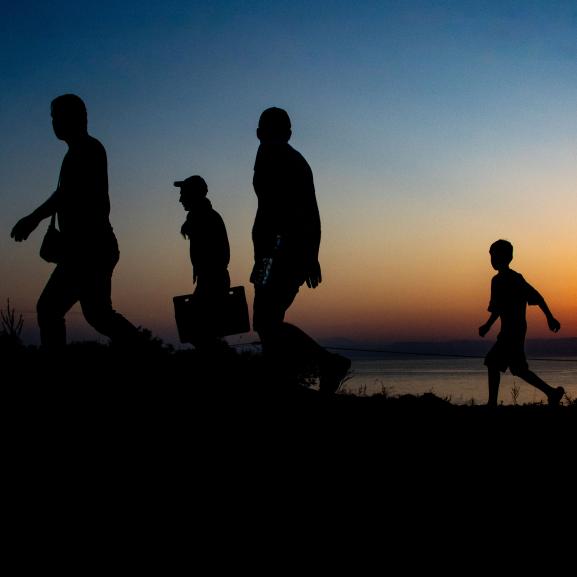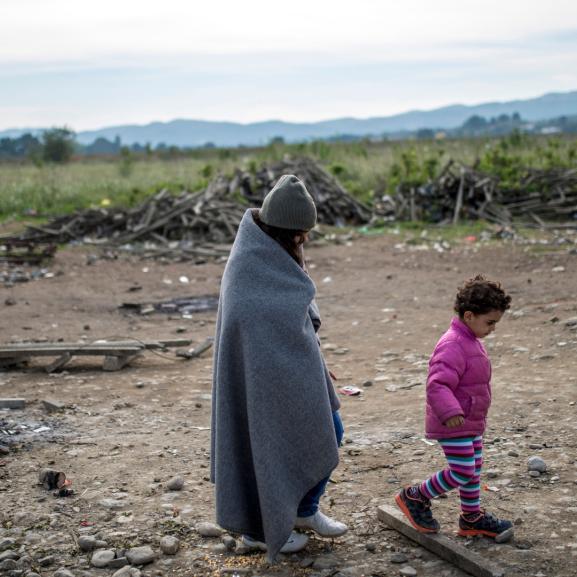Challenging loneliness through self-expression
Today, the Jo Cox Commission on Loneliness launches a spotlight month looking at the issue of loneliness amongst refugees and asylum seekers.
At the time of her tragic murder in June 2016, Labour MP Jo Cox was in the process of setting up a commission to tackle the issue of loneliness across British society. Her work has been proudly carried on by a cross-party group of MPs and a broad alliance of charities and NGOs.
This issue is particularly acute for refugees and asylum seekers, 58% of whom said in a 2014 study that loneliness was the biggest challenge facing them living in London, compounded by loss of family and friends, lack of social networks, cultural differences, and a host of other issues which disproportionately affect refugees.
A study in December 2016 by The Co-op and the British Red Cross revealed that over 9 million people in the UK across all adult ages – more than the population of London – are always or often lonely.
This issue is particularly acute for refugees and asylum seekers, 58% of whom said in a 2014 study that loneliness was the biggest challenge facing them living in London, compounded by loss of family and friends, lack of social networks, cultural differences, and a host of other issues which disproportionately affect refugees. For torture survivors, who represent a particularly vulnerable and often isolated group of refugees, these problems can be even more challenging, and are regularly reflected in Freedom from Torture’s work.
Through therapy and rehabilitation, Freedom from Torture helps survivors to process and move on from their experiences. Our therapeutic and creative groups help to bring survivors together, form new friendships and share their experiences, helping them to rebuild their lives and combat loneliness.
Through therapy and rehabilitation, Freedom from Torture helps survivors to process and move on from their experiences. Our therapeutic and creative groups help to bring survivors together, form new friendships and share their experiences, helping them to rebuild their lives and combat loneliness.
In particular, the work of our creative writing and performance group Write To Life regularly addresses these issues. A theme of past work produced by group members involves looking back at their lives before they were tortured, the loneliness they’ve experienced since then, and their subsequent healing process. This self-expression through writing is a powerful form of survivor activism.
Dark Room by Aso
In this dark room
Open the window, I need to meet the wind!
Wind comes from nowhere
Nowhere, the place we all come from.
In this dark room, wind will bring the song of swallows.
Please open the window!
I need to meet a wind
Carrying unending dreams.
In evening, when the sun is too exhausted to stand
It holds a breath of blooming stars
As the wind dances with the waves of skyline.
And I am in the room, waiting, waiting.
Who understands the mystery of the dark?
Maybe the wind does.
My feet are stuck to the floor
But my eyes are flying
A moth sings by the window
Open the window, I need to meet the wind
Only the wind knows what I’m thinking.
Leaving Home by Prossy
I left home against my will, searching only for protection, hiding from the people who were beating and torturing me and my family. I did not know I would never see them again.
I left without anything, just wearing the dirty clothes I wore for cleaning and gardening. Life became horrible. I hid in the bush knowing that the militia were after me, and all day and all night I thought about my family, even when I was captured, tortured, beaten and raped. Had they been killed, or had they managed to run to safety?
Here, my whole life has changed: the way I eat, dress, talk, communicate - everything is different from the way I used to be when I was back home. I have made friends, but they cannot replace my children or my parents. When I am out with my friends on a day out, I feel sad in my heart at seeing them together as a family, and feel so out of it.
It is a horrible thing not to be with your family, or to know whether they are safe. My children were still at a tender age - too young to be left. My mother was too old to be left. I shed tears every time I talk about them, or think about them.
A day like that reminds me of Sundays at home, when we all gathered to have lunch together. We would tell stories, I'd play with my kids. Now I feel my life is useless without them all: there are only my friends, whom I take and make into some kind of family.
It is a horrible thing not to be with your family, or to know whether they are safe. My children were still at a tender age - too young to be left. My mother was too old to be left. I shed tears every time I talk about them, or think about them. I picture them all in my mind: how I used to laugh and play with my children. Then I break down and hate myself, thinking and asking: was it my fault?
I often ask myself if I will ever see the things I left behind; it's so sad to think I may never do so again: our lovely garden, my mother's clay cooking pots - never to smell those delicious sweet potatoes mixed with beans she made.
Our banana plantation, the goats, the chickens, our grass-thatched kitchen: I just dream about them.
Sometimes I wake up in the middle of the night thinking I am with them all again. I try to call out to my mother and children, to see if they're okay - then I realise it is a dream.
I live in hope that maybe one day I might meet my family again, somewhere in this world, if they are still alive.







